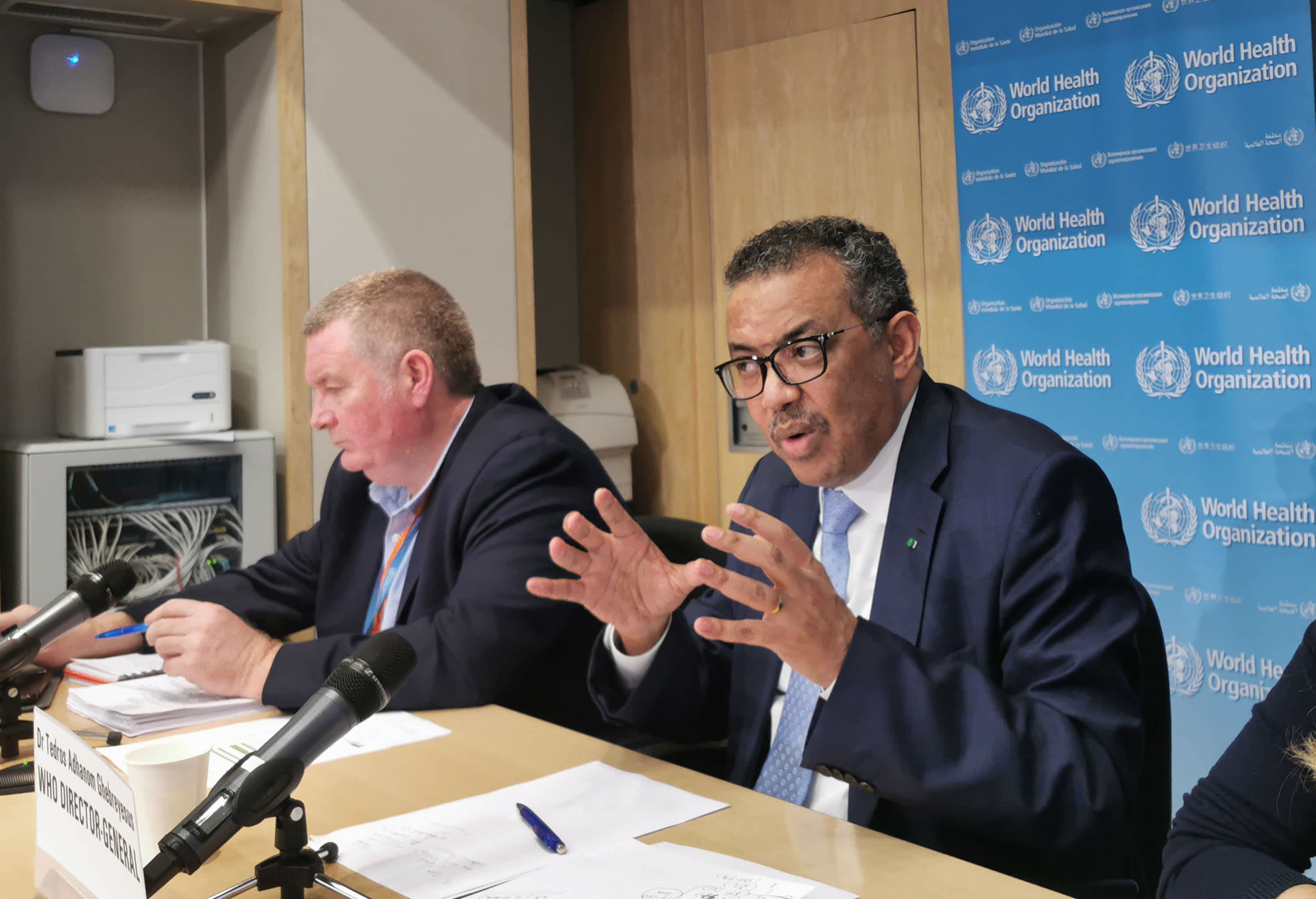
Many recovered Covid-19 patients are reporting a longer road to “full health” than expected and some appear to have relapsed, the World Health Organization said Monday.
Researchers around the world are still trying to understand exactly how the coronavirus affects the human body. WHO officials say they are working with governments and hospitals around the world to collect data and more fully analyze Covid-19’s various symptoms and recovery.
“Certainly, there have been some reported cases of putative relapse, so, people who have fallen sick again,” Dr. Mike Ryan, executive director of the WHO’s emergencies program, said during a press conference at the agency’s headquarters in Geneva. “A lot of work is going now to see whether people have been reinfected or whether it’s just a chronic part of the condition.”
Scientists have discovered that the virus attacks much more than the respiratory system, identifying circulatory, digestive and neurological problems tied to the virus. An uptick in strokes and heart attacks among otherwise healthy individuals has also been attributed to Covid-19. Ryan said it also appears to be hitting the liver and kidney functions as well as other vital parts of the body. He added that even after people are released from the hospital, “many are experiencing longer-term issues with energy.”
“We have to separate here what is a long struggle to get back to full health from what might be a continued Covid-19 syndrome where you have persistent virus,” he said. “The evidence thus far is that there is very little evidence to suggest that there are people who are persistently suffering from Covid-19.”
It’s unclear why it takes some people so long to fully recover from Covid-19, but Ryan said many “remain quite frail, quite without energy and struggle to get back to full health.”
“People don’t necessarily just bounce back to full health,” he added.
Overall, the WHO has observed that about 40% of patients develop “mild disease and will recover just fine,” said Dr. Maria Van Kerkhove, head of the WHO’s emerging diseases and zoonosis unit. She said another 40% of patients develop moderate symptoms, including pneumonia, but do not require hospitalization or intubation. An additional 15% develop severe disease, and 5% are “critical.”
“We are trying to get a picture that’s consistent across all countries,” she said. “But it still is early days. … We’re learning every day more and more about this virus and the diseases that it causes.”
Source: Business - cnbc.com


